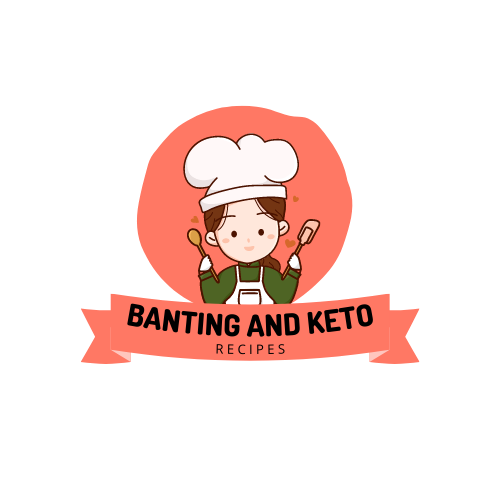
Keto is a low-carb, high-fat diet that helps you lose weight and improve health. It can also help with diabetes, heart disease, and certain cancers.
The keto diet is a way to turn your body into a fat-burning machine called ketosis. When you cut out carbs and eat only protein and fat, your body begins to use fat as its primary fuel instead of glucose (the main source of energy from carbohydrates).
It is important to remember that while a low-carb, high-fat approach to dieting can be a great way to lose weight, it is not for everyone. It can be difficult to maintain, and it can have some unpleasant side effects — like constipation — that can make you feel discouraged or depressed.
You should consult your doctor before starting a ketogenic diet if you have any medical conditions or are taking any medications. Your doctor can help you decide whether it is right for you and advise you on how to achieve your goals.
Foods on a ketogenic diet can be very tasty and filling, but you need to watch out for some key ingredients. For example, while bacon, sausage and hot dogs are permitted on the diet, they aren’t recommended because they’re often loaded with saturated fat.
Some processed meats, like deli meat, may contain salt and other additives that can have negative effects on your body. You should try to limit these to special occasions and stick to a natural, low-sodium option.
Cheeses and other dairy products can be good for you on a keto diet, but it is best to choose unsweetened versions. They are higher in protein and lower in carbohydrates than flavored yogurt, which may be loaded with sugar. You can add a handful of berries to yogurt or a dash of unsweetened almond milk for a keto-friendly dessert.
Vegetables are a rich source of vitamins, minerals and fiber that can keep you full and satisfied on the keto diet. Be sure to include plenty of cruciferous vegetables such as broccoli, cauliflower and kale in your meals for maximum nutrient density.
Fruits are also a good choice on the keto diet. They are full of fiber and are a source of antioxidants that protect against chronic inflammation, which can lead to heart disease and cancer. But you should limit starchy veggies such as corn, potatoes and sweet potatoes to avoid overeating them.
Nuts and seeds are a great source of healthy fats, protein, and fiber. They are a good source of calcium and potassium, plus they contain B vitamins that support your metabolism. You can also make nut butters and add them to smoothies or salads for extra nutrition.
Whole grains, quinoa and brown rice are also acceptable on the keto diet. But be sure to check the label to see how many carbs they contain and avoid fried or roasted versions.
Snacks that contain refined grains, such as chips and crackers, are also not a great choice on the keto diet because they are packed with carbohydrates. Snacks that have a minimal amount of grain such as nuts and seeds are better.
